2/9/25
The Power of Disagreement: Why We Owe Young People Better Role Models
Who should have taught them how to be in those rooms in the first place?
I keep stumbling upon the same debate, again and again: Young people today can’t handle disagreement.
It's the kind of statement that makes its way into think pieces, op-eds, and dinner table conversations.
But here’s what I’m wondering: Who should have taught them how to be in those rooms in the first place?
Let’s Be Honest
Most of us choose to surround ourselves with people who think like us, live like us, and vote like us. It’s not just “the youth.”
We send our kids to schools with kids who look like them.
We move to neighborhoods where people come from similar social classes.
We volunteer in organizations with people who share our values.
We work in environments where we rarely need to justify our worldviews.
We follow people on Instagram who reflect back our own beliefs.
And we elect politicians who speak only to their base.
So when we criticize young people for lacking the tools to engage in disagreement, maybe we should pause and ask:
Where were they ever supposed to learn it?
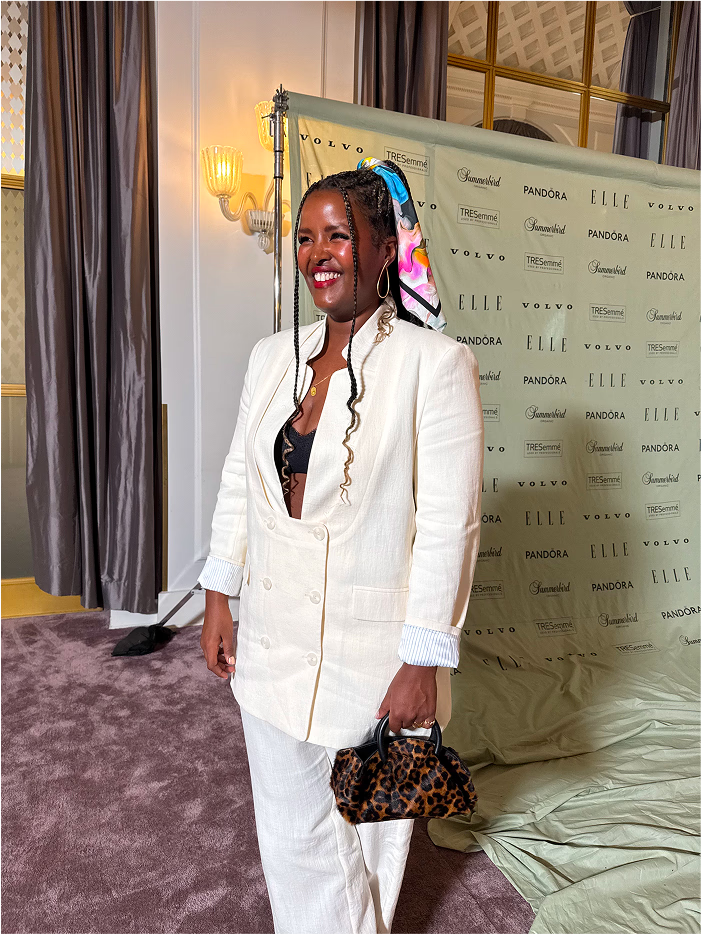
Look at the Grown-Ups
Let’s look at the adults, the politicians, the media, the educators.
Our political leaders dodge tough conversations. Many would rather stay silent than alienate their voter base.
When mistakes are finally acknowledged, it’s often years later, with no guidance on how we might avoid repeating them.
In the media, conflict is the currency.
Journalists aren’t rewarded for nuanced dialogue, they’re rewarded for clicks.
And what generates clicks? Outrage. Division. Us vs. them.
So, again, where are the role models who show us how to disagree constructively?
What young people are actually doing
I work with young people. I listen to them. And what I see is not a generation afraid of hard conversations, but a generation trying to build safer spaces for them.
At a gathering I helped facilitate last year, one 17-year-old said:
“I don’t want to be the loudest in the room, I want to be the one who makes others feel safe to speak.”
That stayed with me.
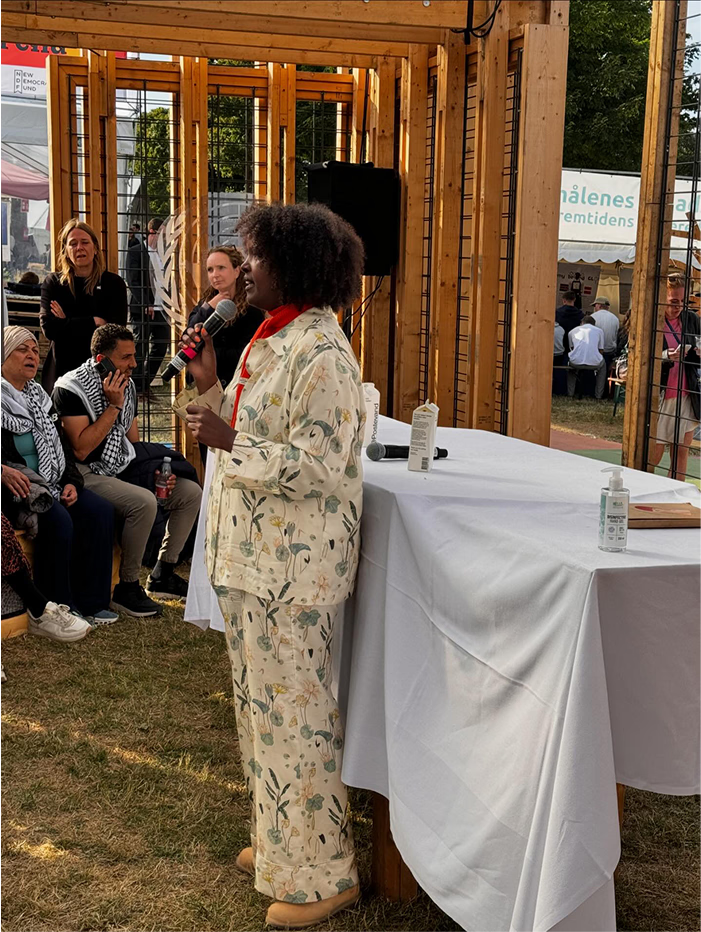
They’re creating spaces where people feel heard instead of humiliated.
Where discomfort is acknowledged, not weaponized.
Where trust is built slowly, not shattered instantly.
And what do we do in response?
We call them “too sensitive.”
We label them “emotionally fragile.”
We say they are a “threat to democracy.”
But maybe we’re the ones who never learned how to handle disagreement without yelling, humiliating, or dominating. Maybe they’re just refusing to inherit that model.
The rooms I needed
I wasn’t taught how to disagree constructively either. Growing up, “conflict” often meant shouting. Silence. Withdrawal. Or someone storming out of the room.
In school, we learned how to win debates, not how to sit with discomfort. We were rewarded for sounding smart, not for listening well. And we certainly didn’t talk about emotions, unless we were being told to manage or suppress them.
As I got older, I found myself craving spaces where people could say:
- “I don’t agree with you – but I still value you.”
- “Let’s stay in the conversation, even when it’s hard.”
- “Tell me more. I want to understand.”
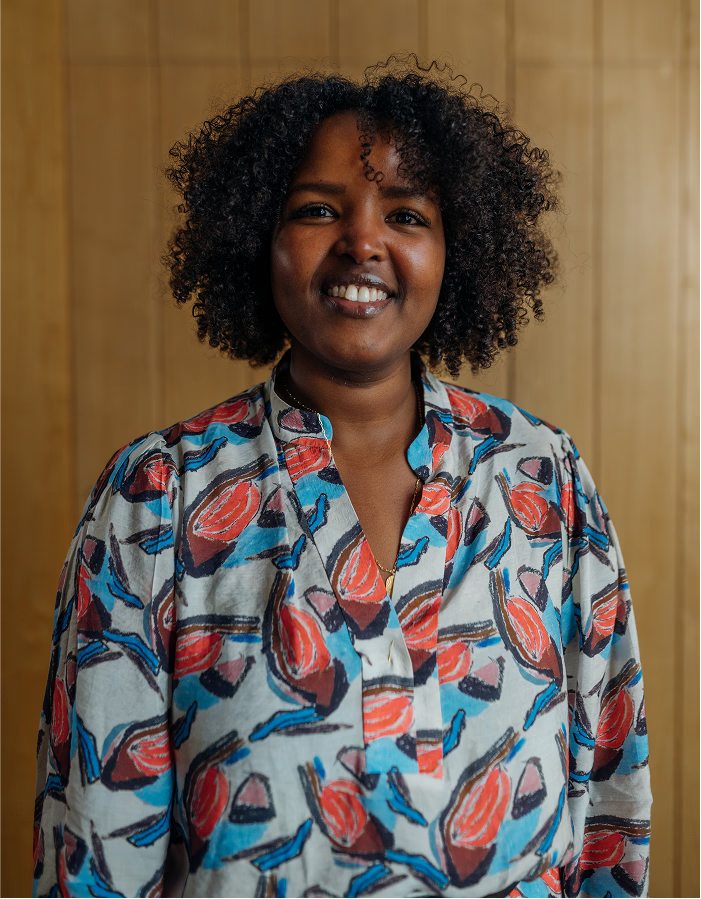
But those spaces were rare.
And when they did exist, they were usually created by women, by people of color, by queer communities, people who had learned how to navigate disagreement out of necessity.
Because we were never really invited to the table in the first place.
So we built our own.
What if they’re healing?
I see so many young people today saying:
“We don’t want to argue like you do.”
“We don’t want to dominate, we want dialogue.”
“We don’t want to win, we want to understand.”
And instead of celebrating that, we shame it.
What if their refusal to engage in traditional conflict isn’t about avoidance, but about healing?
What if they’re not rejecting disagreement – but the way we’ve modeled it?
What if the spaces they’re building – gentle, inclusive, intentional – are the real democratic spaces?
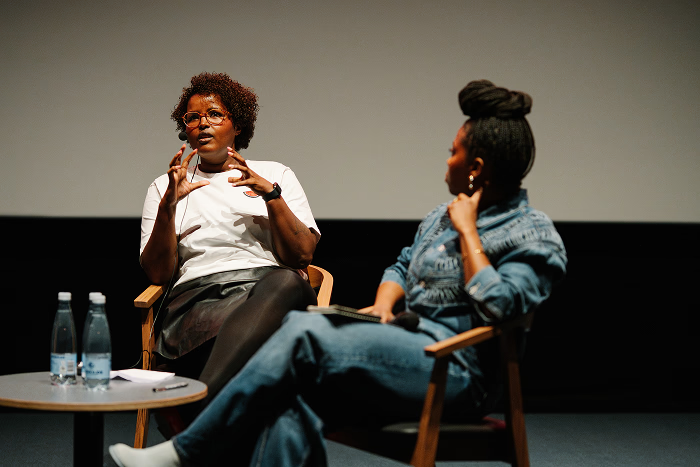
A new way to disagree
Here’s a wild idea: disagreement doesn’t have to mean disconnection.
It doesn’t have to mean ending relationships.
It doesn’t have to mean someone wins and someone loses.
It can mean:
- “I hear you.”
- “I see it differently.”
- “I still care.”
But to model that, we need to be okay with not always being right. We need to let go of our need to be the loudest, smartest, or most logical.
We need to make space for feelings, for complexity, for stories we don’t understand yet.
How to model healthy disagreement
- Ask: “Can you help me understand where you’re coming from?”
- Say: “Tell me more,” instead of “You’re wrong.”
- Take a breath before you respond.
- Name what’s hard, instead of pretending it’s not.
- Stay curious, even when challenged.
- Remember: you’re talking to a person, not a position.
This isn’t about being passive. It’s about being purposeful.
And that takes unlearning.
It takes discomfort.
It takes practice.
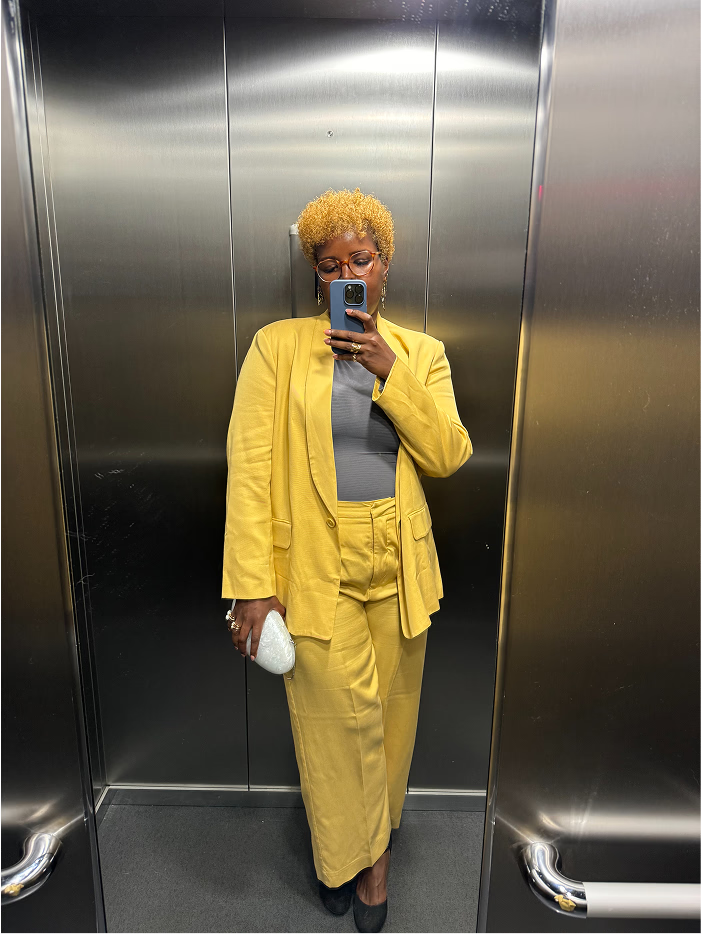
The conversations that changed me
Some of my most meaningful growth has happened in conversations where I didn’t agree – but stayed.
Where I listened.
Where I said, “I hadn’t thought of it like that,” and actually meant it.
Where I was wrong – and grateful to realize it.
Those moments made me more compassionate.
More grounded. More human.
But I had to unlearn a lot to get there. And I’m still learning.
Let’s build something better
Conflict isn’t the enemy. Disconnection is.
If we want a generation that can engage across difference – politically, socially, emotionally – we need to start by looking in the mirror.
Are we modeling what we’re asking them to do?
Or are we just hoping they’ll figure it out while we stay in our comfortable echo chambers?
Are we modeling what we're asking them to do?
My hope is this:
That we stop shaming young people for what they’re building – and start learning from them instead.
That we stop clinging to outdated ways of being “right” – and start cultivating ways of being real.
That we stop demanding resilience – and start offering responsibility.
Because disagreement isn’t going anywhere.
But maybe, if we do it differently, it could bring us closer – not tear us apart.

